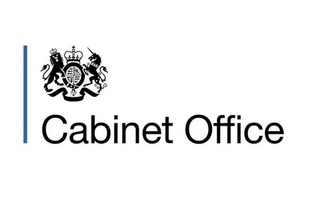Government has to adhere to 'red lines' in order for taxpayers to get better value for money
The government has claimed that it has drawn the line on "bloated and wasteful" IT contracts, to ensure that taxpayers are getting value for money. Cabinet Office minister Francis Maude announce...
To continue reading this article...
Join Computing
- Unlimited access to real-time news, analysis and opinion from the technology industry
- Receive important and breaking news in our daily newsletter
- Be the first to hear about our events and awards programmes
- Join live member only interviews with IT leaders at the ‘IT Lounge’; your chance to ask your burning tech questions and have them answered
- Access to the Computing Delta hub providing market intelligence and research
- Receive our members-only newsletter with exclusive opinion pieces from senior IT Leaders





















